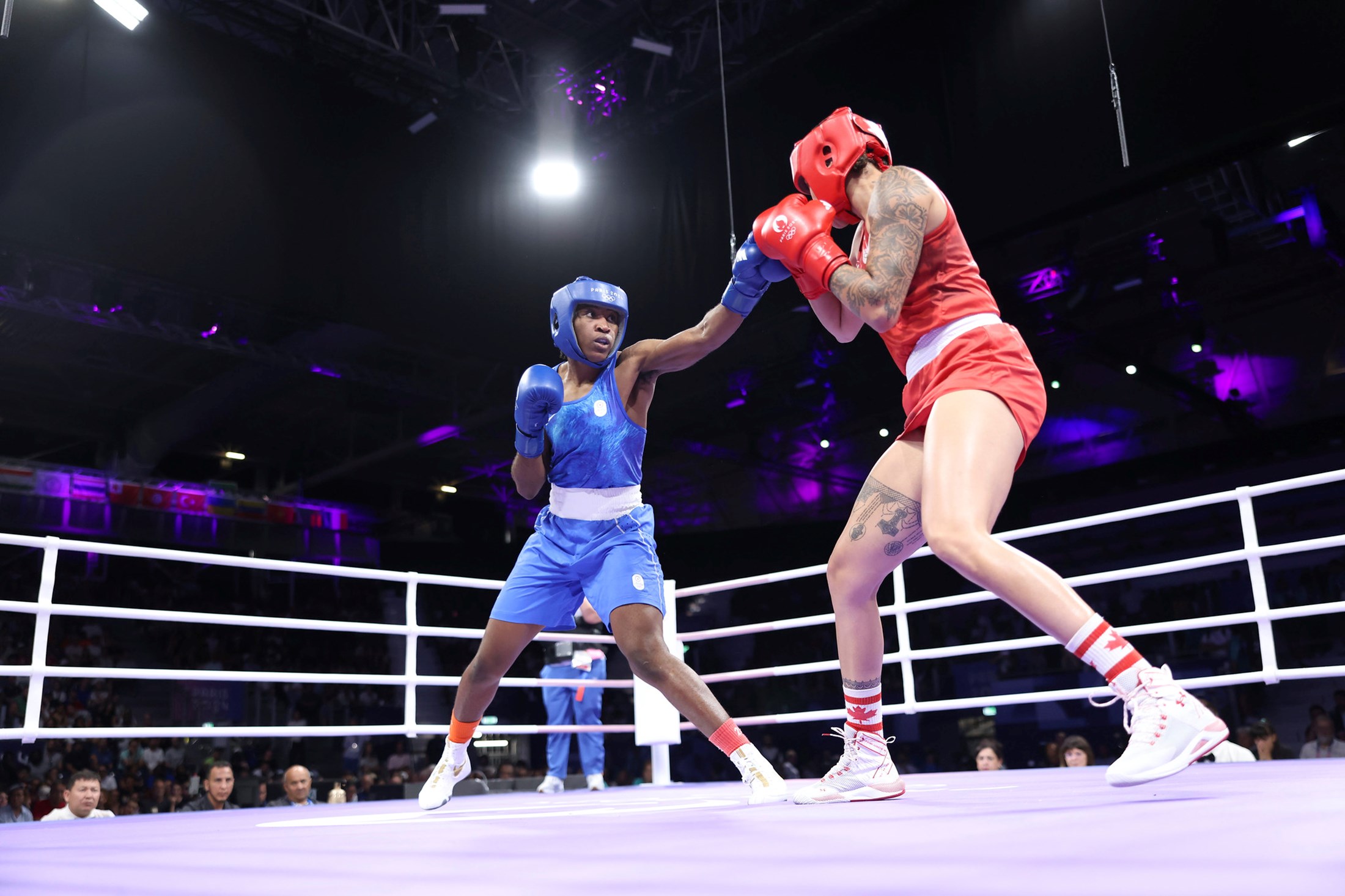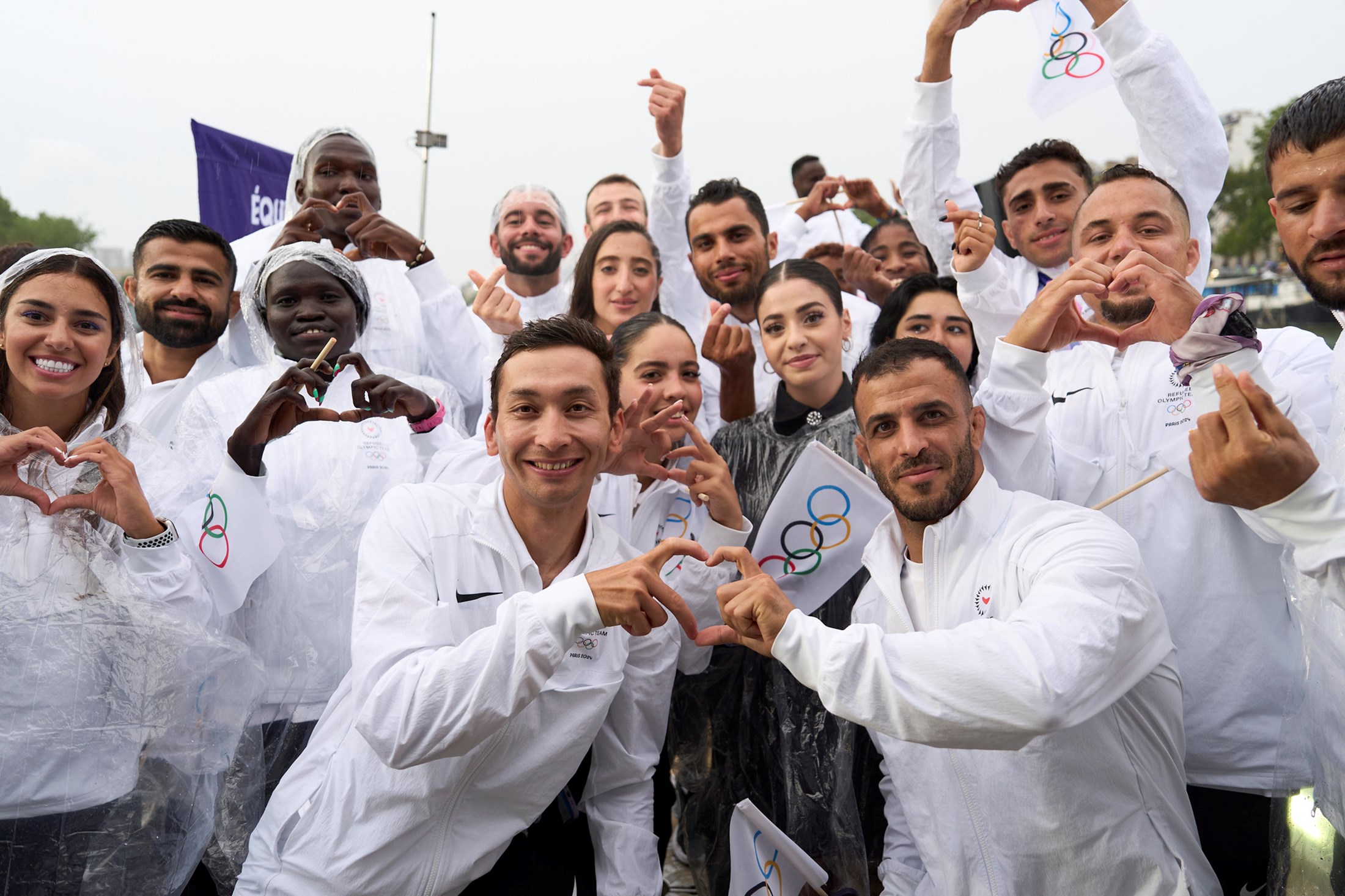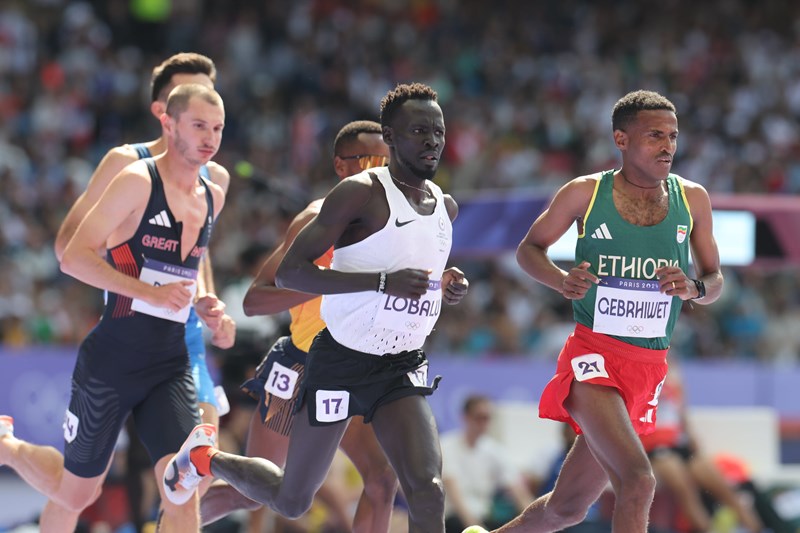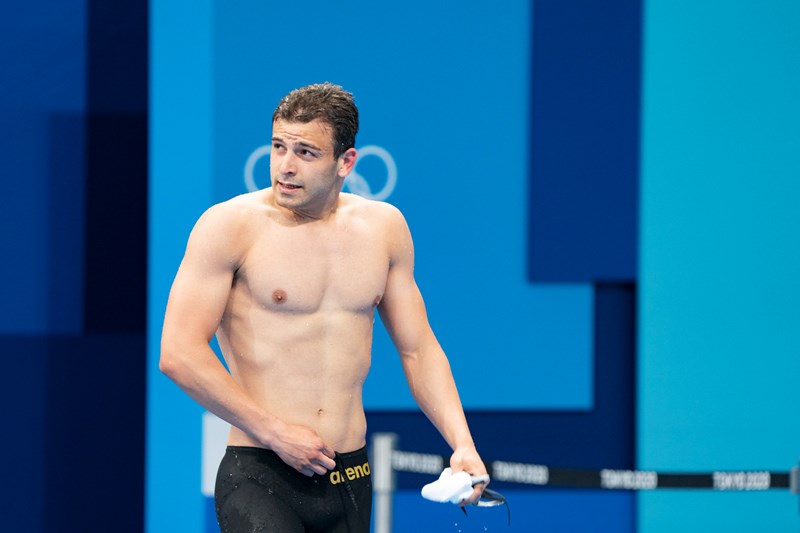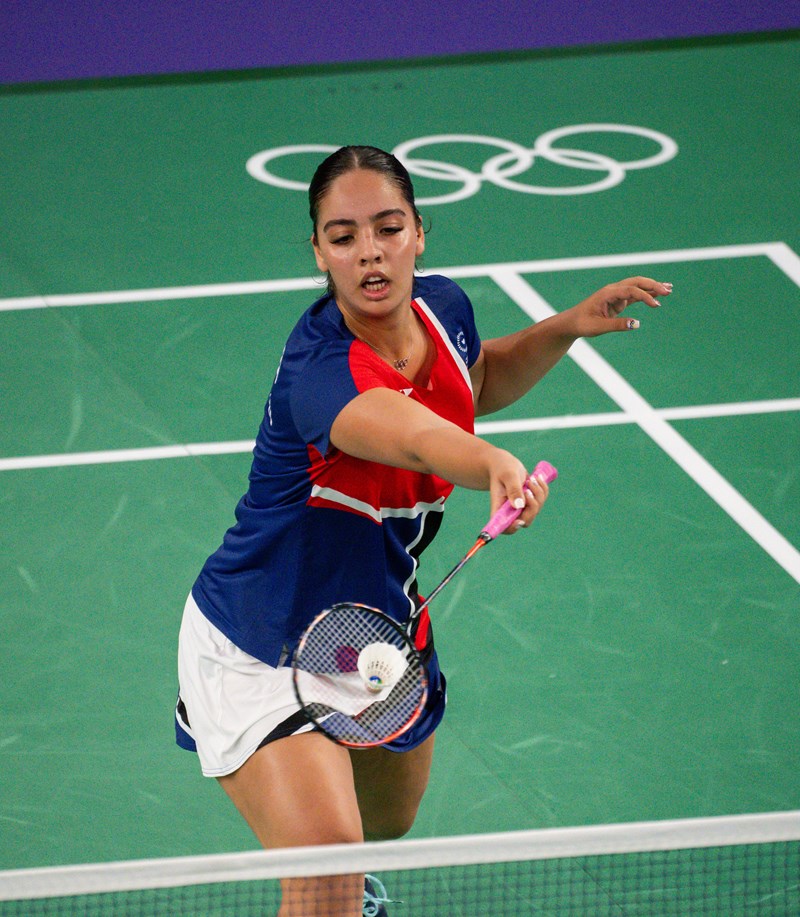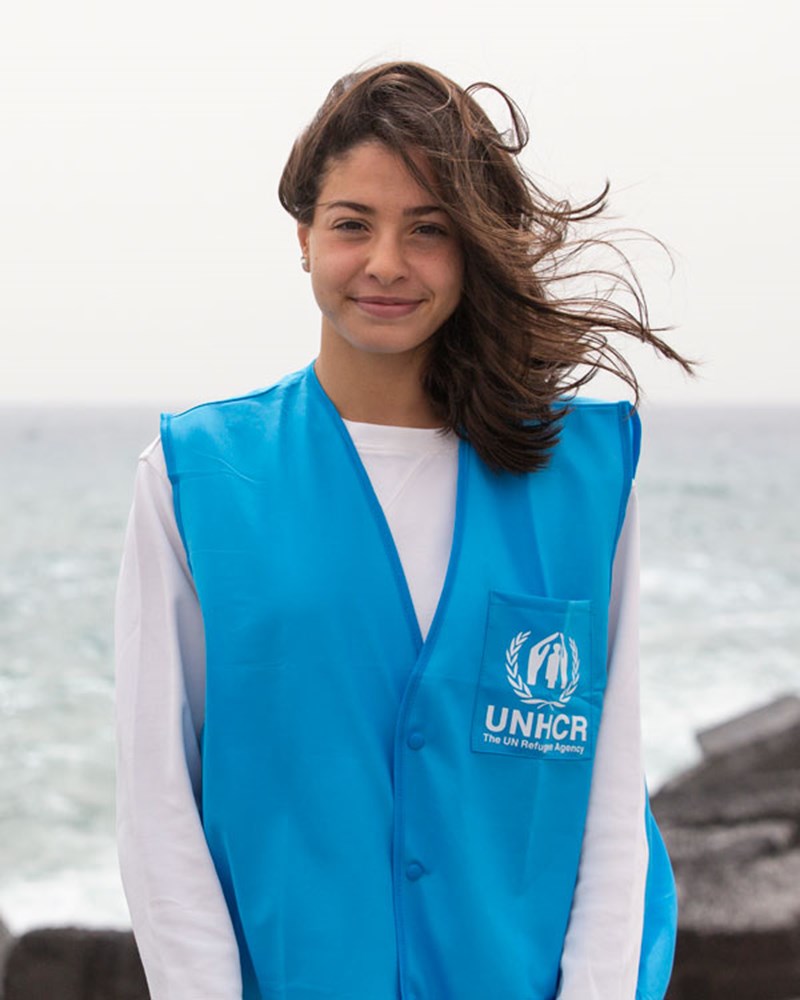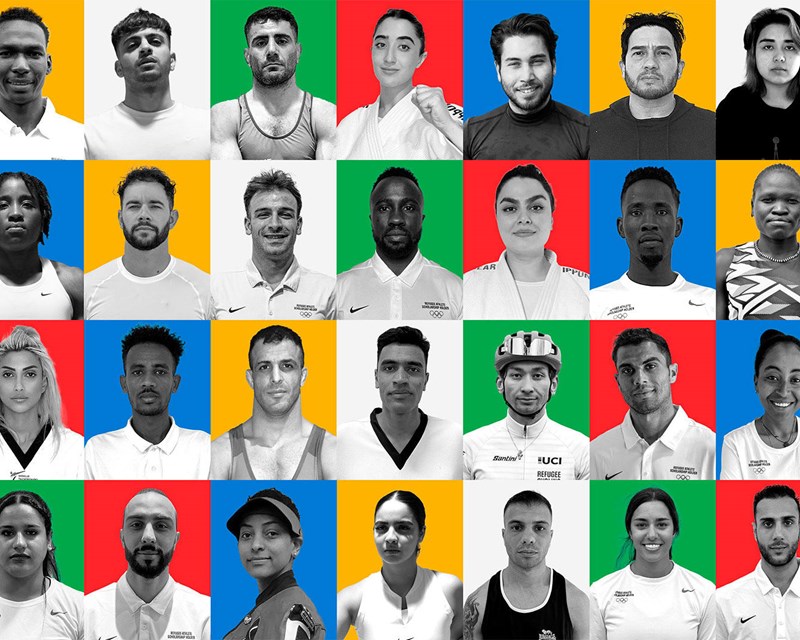Boxer Cindy Ngamba made history at the Olympic Games in Paris when she became the first refugee team member to win an Olympic medal. The UK-based Cameroonian claimed the bronze medal in the women’s 75kg category, more than justifying the 25-year-old’s selection as the IOC Olympic Refugee Team’s flag bearer for the opening ceremony on the river Seine.
Ngamba was one of 37 athletes selected for the Olympic Refugee team, which fielded competitors across a range of sports including swimming, athletics, judo, boxing, weightlifting, and badminton.
This was the third time a refugee team has taken part in the Games, following on from Rio in 2016 and Tokyo, held in 2021. There are also eight refugee para-athletes and one guide runner heading to the Paralympics.
The 2024 team included: Eyeru Gebru, a professional cyclist who now lives in France after fleeing civil war in Ethiopia; Switzerland-based South Sudanese runner Dominic Lobalu, who made the 5,000m final; and Yahya Al Ghotany, who took up the taekwondo in Jordan’s Azraq Refugee Camp after fleeing Syria. Fellow taekwondo athlete Farzad Mansouri, who was Afghanistan's flag bearer at the Olympics three years ago but made his way to the UK following the fall of Kabul in September 2021, was also in the refugee team.
Each athlete has their own story of resilience, courage, and hope, including the team’s Chef de Mission Masomah Ali Zada. She competed as a member of the Refugee Olympic Team in Tokyo three years ago after settling in France following threats from the Taliban in her home country of Afghanistan.
"The athletes are already winners because I know how difficult it is to be a refugee,” she said before the Games. “We have had a lot of challenges and difficulties, but we didn't give up. They're a source of inspiration for other refugees all over the world."

